A good, solid life-threatening illness can be the making of a writer. This has certainly been the case for Genevieve Fox, a long-serving journalist, whose delightful and moving first book Milkshakes and Morphine was inspired by a diagnosis of head and neck cancer. The illness, though treatable, is just as grim as it sounds: she pulls no punches in describing the horror of breaking the news to her husband and teenage sons, of losing the ability to eat, talk or swallow, and of radiotherapy, which sounds like torture.
Despite all that, Fox’s writing brims with joie de vivre. She is a person with a healthy appreciation of nice things; she wears top-to-toe sequins for her MRI scan, completely redecorates her bedroom in preparation for her convalescence, and expresses horror than anyone would drink prosecco when they could have champagne. The weekend before she starts chemotherapy, she and her husband go for dinner at Scott’s in Mayfair, where she orders her ‘Death Row dinner’: an Old Fashioned cocktail, lobster thermidor, creamed spinach, skinny chips and a bottle of Saint-Veran. ‘This is it,’ she thinks. ‘This is heaven on earth.’
As Fox weaves the story of her childhood into the narrative of her illness, it becomes clear why nice things have been so important. Her mother died of cancer when she was young, leaving her and her sister and brother orphaned (their father had died a few years earlier). An older half-brother was supposed to act as guardian, but was a busy foreign correspondent with a family of his own, and an unsuitable choice. The three siblings became ‘animals in flight’; homeless and unprotected, feeling like a burden on those who cared for them, they were shunted between boarding school and the stately homes of various friends and distant relatives (poverty, you may gather, was not an issue — Angela’s Ashes this is not). Three months after Fox’s mother’s death, a carefully worded advertisement was placed in The Lady: ‘Three recently orphaned children need kind, loving, cheerful and intelligent lady… to make a home for them.’
Fox surveys her childhood world with the eye of a magpie. Her mother was a glamour-puss, and Fox’s early, pre-orphan life is all shiny technicolour — from the lemon coats and white gloves she and her sister wore, to her mother’s organza gowns and bright 1970s kaftans, and the pink candyfloss and glossy doughnuts they ate on Brighton pier. We share her outrage when Tamsin, the guardian who is eventually found for the children, sews dull tapestries, wears navy espadrilles and dresses the girls in folksy Clothkits.
Later, as teenagers, the siblings share a flat in Little Venice, and carefully deck it out in a faux-adult style — a hot-pink sofa, chinoiserie lamp bases with white silk shades, a sofa with an acorn pattern, Laura Ashley wallpaper. As long as they get the nice things in place they will be coping; they all instinctively feel that, in the absence of an adult, they must ‘do things in the way they were supposed to be done’.
The funny thing is, as an approach to surviving an existential crisis it kind of works: along with her gang of friends, her family, and her wobbly Catholic faith, nice things really do help Fox to get through the toughest of times. They also lend her writing a luminous, joyful clarity.
The same cannot be said for the work of Julia Buckley, whose book Heal Me is a muddle from beginning to end. It documents the author’s struggle to overcome a chronic pain condition, and the difficulty can in part be attributed to the nature of her illness. Buckley never receives a diagnosis for the pain she is suffering, so it is unclear to her — and to us — whether she has a physical condition or a psychological one, or some combination of the two.
In the hands of another writer, this could have presented an interesting tension; but Buckley wants to have it both ways. She pours scorn on the doctors who imply her illness is psychological, and yet seeks a spiritual cure for it in the hands of a series of faith healers from all over the world. Her symptoms are confusing, too: the level of pain leaves her unable to work, but she can nevertheless flit around the world from China to South Africa to Brazil. It is a travel itinerary that a perfectly healthy, working person would find physically — not to mention financially — draining.
Buckley leaves us in no doubt that she went through a terrible ordeal, but where Fox skips lightly over dark waters, she goes in for a wallow. Every new ache and pain is recounted, and she misses no opportunity to slam a doubting doctor or unsympathetic friend. Her big epiphany, courtesy of a religious cult in Brazil, is that ‘it made me feel special, the pain. I hated it, but I also clung to it’. Her readers will have guessed that much by chapter three.
Got something to add? Join the discussion and comment below.
Get 10 issues for just $10
Subscribe to The Spectator Australia today for the next 10 magazine issues, plus full online access, for just $10.
You might disagree with half of it, but you’ll enjoy reading all of it. Try your first month for free, then just $2 a week for the remainder of your first year.

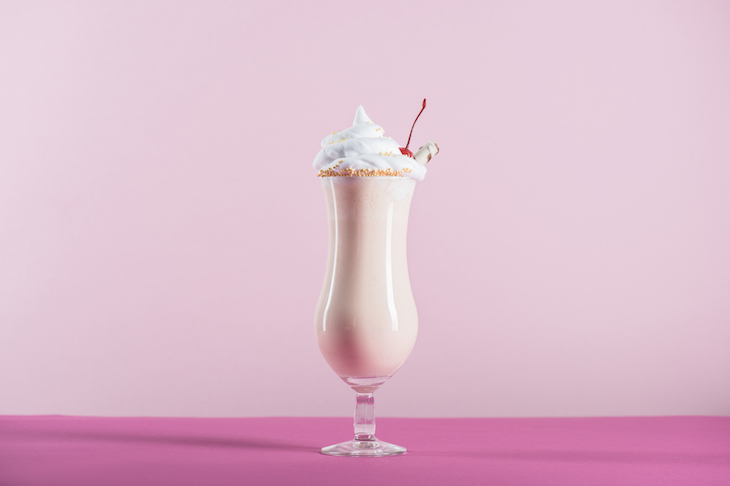
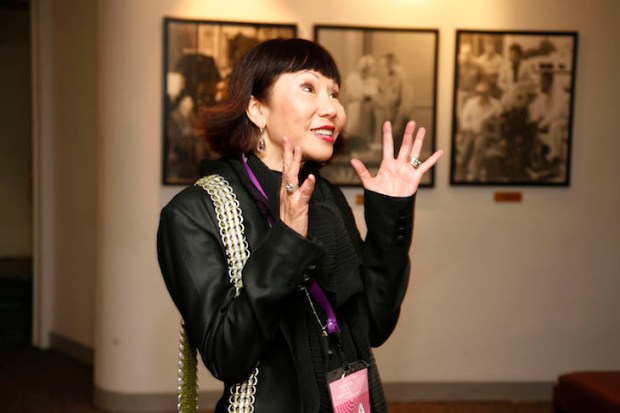
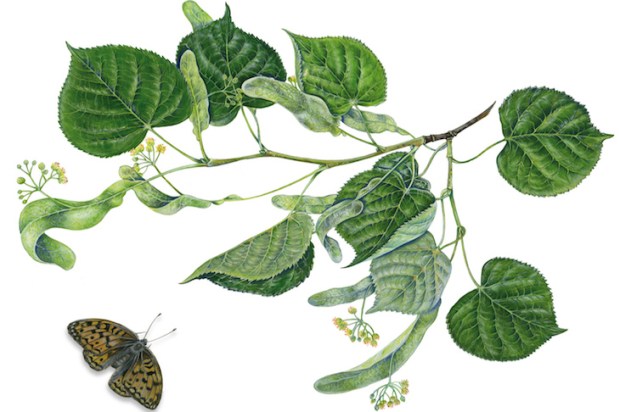

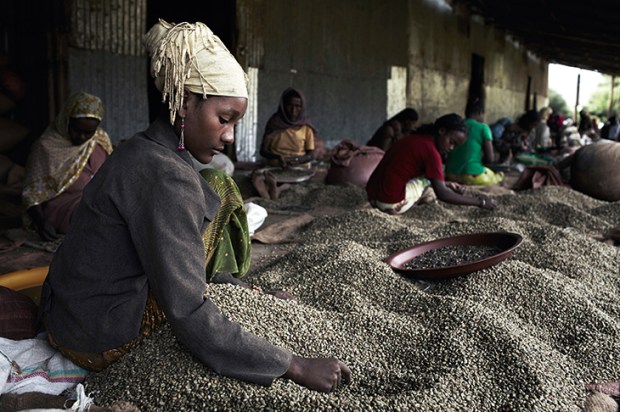

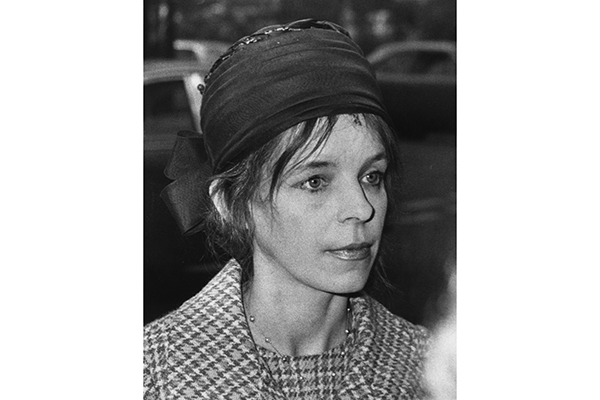






Comments
Don't miss out
Join the conversation with other Spectator Australia readers. Subscribe to leave a comment.
SUBSCRIBEAlready a subscriber? Log in